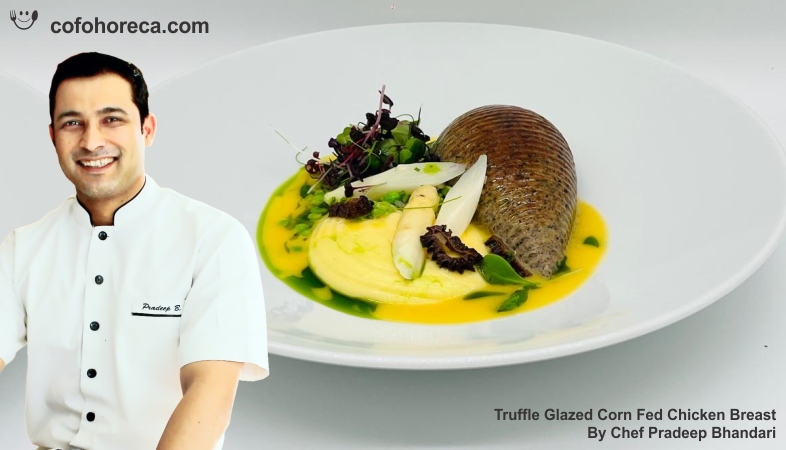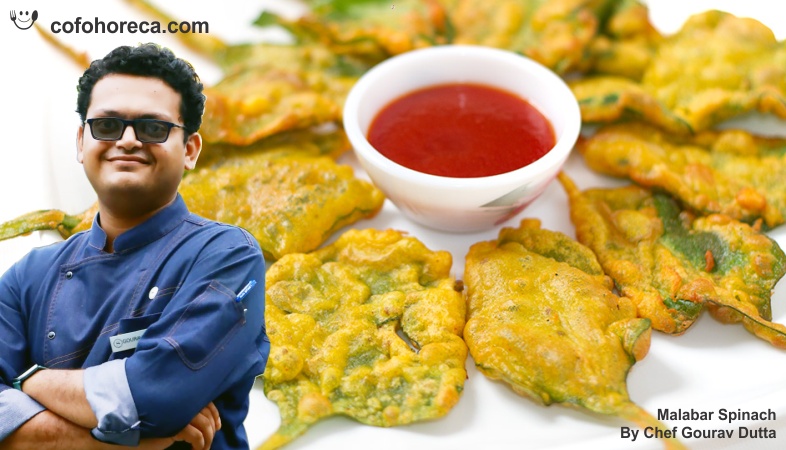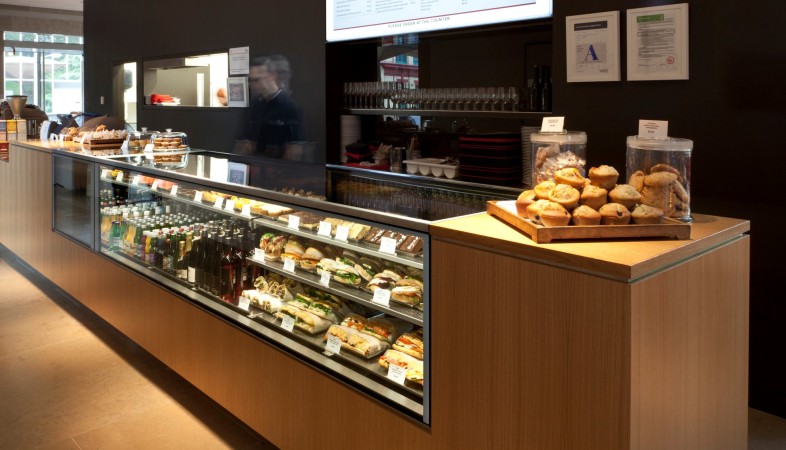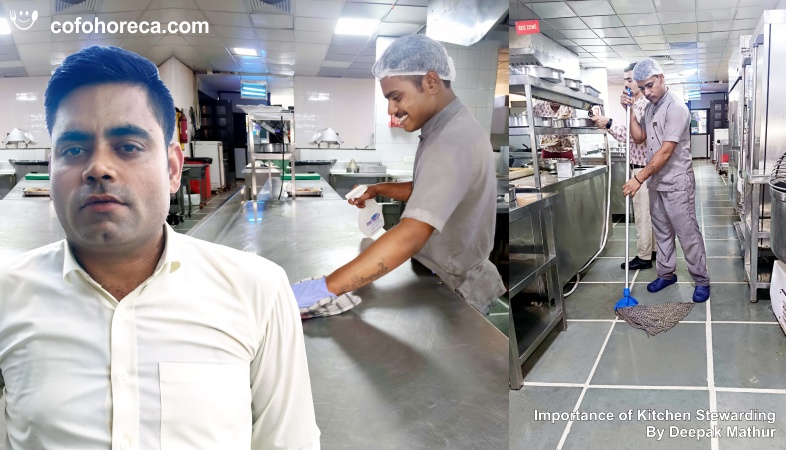Culinary Training Beyond the Kitchen: Exploring Unconventional Paths to Gastronomic Excellence
In today's culinary landscape, aspiring chefs and food enthusiasts are discovering unconventional paths to gastronomic excellence that go beyond traditional training methods.
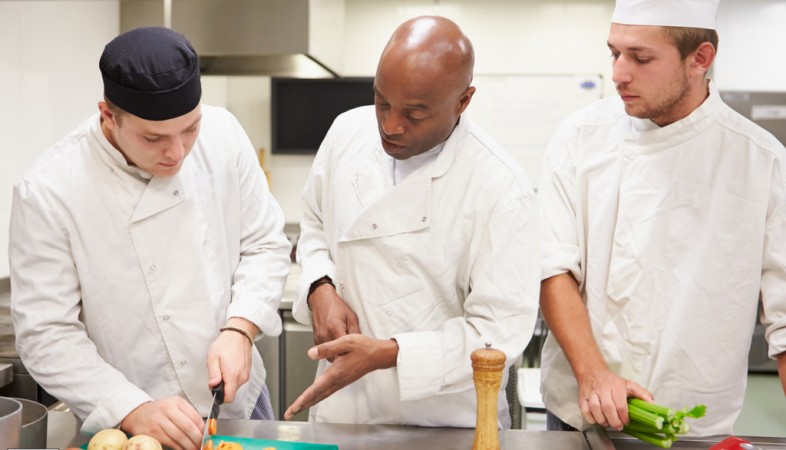
Culinary training has long been synonymous with rigorous
kitchen apprenticeships, culinary schools, and hands-on experience in
professional kitchens. However, in today's culinary landscape, aspiring chefs
and food enthusiasts are discovering unconventional paths to gastronomic
excellence that go beyond traditional training methods. In this article, we
explore some unique avenues for culinary education and skill development that
are shaping the future of the culinary industry.
1. Farm-to-Table Apprenticeships: With the farm-to-table movement gaining momentum, many aspiring chefs are opting for apprenticeships on organic farms and sustainable food production facilities. These hands-on experiences allow students to gain a deeper understanding of the agricultural process, from seed to harvest, and learn how to source and utilize fresh, seasonal ingredients in their culinary creations. By working closely with farmers and food producers, apprentices develop a holistic approach to cooking that emphasizes sustainability, seasonality, and environmental stewardship.
2. Culinary Travel and Immersion Programs: Culinary travel and immersion programs offer participants the opportunity to explore diverse cuisines, cultures, and culinary traditions around the world. From culinary tours of Italy's wine country to immersive cooking retreats in Thailand, these programs provide hands-on experience in local kitchens, markets, and food stalls, allowing participants to learn directly from skilled chefs and artisans. By immersing themselves in different culinary landscapes, students gain a deeper appreciation for global flavors and techniques and expand their culinary repertoire in unexpected ways.
3. Food Science and Innovation Workshops: As the boundaries of gastronomy continue to expand, there is growing interest in the intersection of food science, technology, and innovation. Culinary training programs that focus on food science and innovation offer students the opportunity to explore cutting-edge techniques and culinary trends, such as molecular gastronomy, sous vide cooking, and plant-based cuisine. By combining scientific principles with culinary creativity, students learn how to push the boundaries of flavor, texture, and presentation and develop innovative solutions to culinary challenges.
4. Entrepreneurship and Business Courses: In addition to culinary skills, aspiring chefs and food professionals must also possess a strong foundation in business and entrepreneurship to succeed in today's competitive culinary industry. Entrepreneurship courses tailored specifically for food professionals provide training in business planning, marketing, finance, and operations, equipping students with the knowledge and skills they need to launch and manage successful culinary ventures. Whether opening a restaurant, launching a food product line, or starting a catering business, students learn how to navigate the complexities of the culinary business landscape and turn their culinary dreams into reality.
5. Social Media and Content Creation Workshops: In the age of social media and digital marketing, culinary professionals must also be adept at leveraging online platforms to promote their brands and connect with customers. Social media and content creation workshops offer training in photography, videography, storytelling, and social media strategy, empowering students to create compelling content that showcases their culinary skills and attracts a loyal following. By mastering the art of digital storytelling, students learn how to build their personal brand, engage with their audience, and establish themselves as influential voices in the culinary community.
Culinary training is undergoing a transformation, with aspiring chefs and food enthusiasts exploring diverse and unconventional paths to gastronomic excellence. Whether through farm-to-table apprenticeships, culinary travel programs, food science workshops, entrepreneurship courses, or social media training, students have more opportunities than ever to develop their culinary skills, expand their culinary horizons, and pursue their passion for food in innovative and exciting ways. By embracing these unique avenues for culinary education and skill development, the next generation of culinary professionals is poised to make a lasting impact on the culinary world.
.png)




